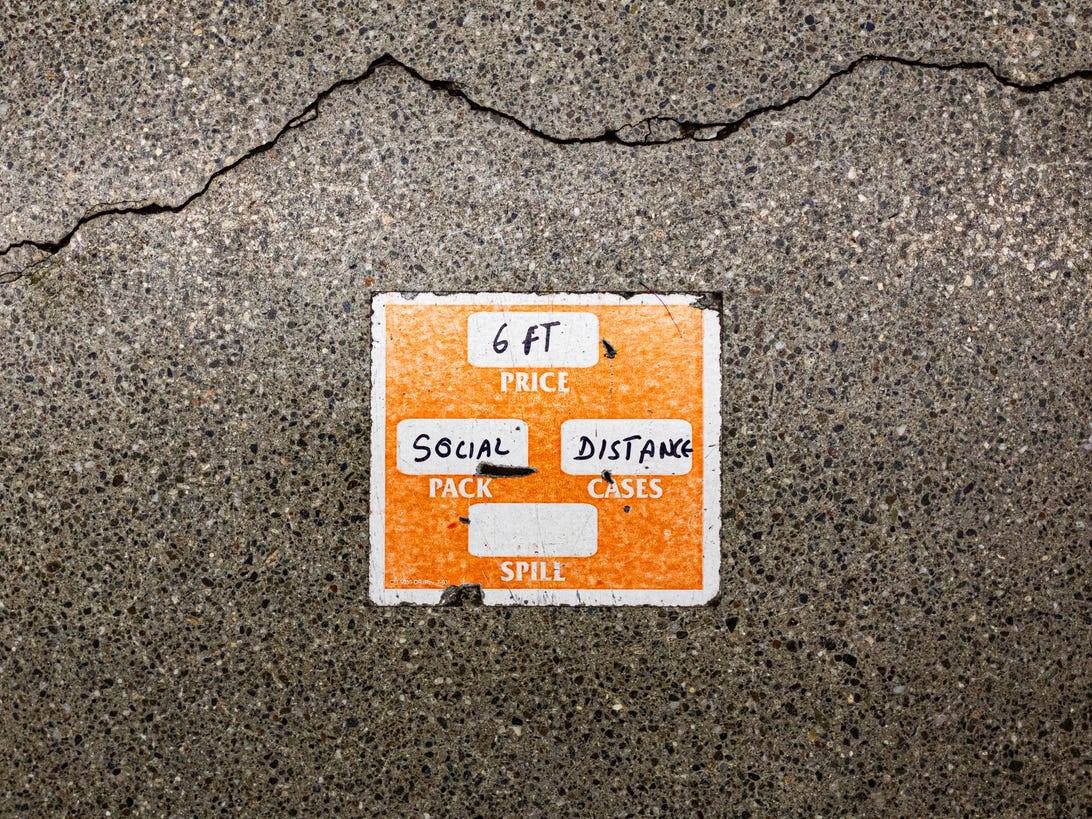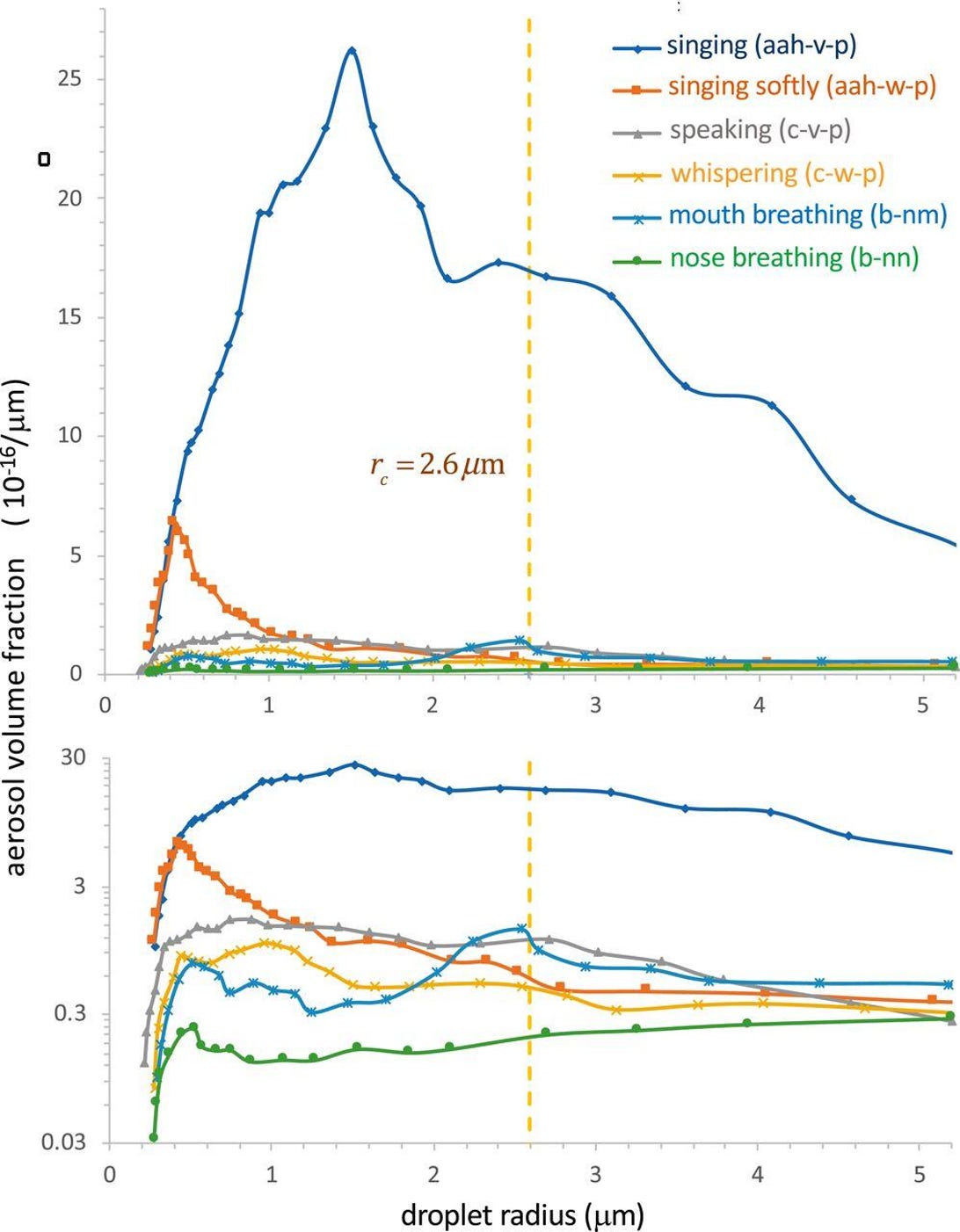Don't worry it is very safe because masks protect everyone.
We know. As MIT says, masks extremely effective. You cannot fight science nor the facts.
MIT COVID study shows indoors, masks may be more important than social distancing
Social distancing has its limits, but masks can be "extremely effective," study's authors find.
Sean Buckley
April 26, 2021 4:41 p.m. PT
New MIT study examines the benefit of wearing masks.
James Martin/CNET
For the most up-to-date news and information about the coronavirus pandemic, visit the
WHO website.
Wash your hands. Wear a mask. Stand at least six feet away from others. These are the guidelines many of us have lived by for the past year, all of them suggested in the early days of the
COVID-19 pandemic. Now, MIT researchers
are taking a closer look at the six-foot recommendation to see how effective social distancing really is.
The short answer? In certain situations, six feet of distance isn't enough to protect you on its own and you should probably still wear a mask.
Editors' top picks
Subscribe to CNET Now for the day's most interesting reviews, news stories and videos.
Yes, I also want to receive the CNET Insider newsletter, keeping me up to date with all things CNET.
SIGN ME UP!
By signing up, you agree to our
Terms of Use and acknowledge the data practices in our
Privacy Policy. You may unsubscribe at any time.
The real answer? That's a little complicated. The paper says that in "well-mixed spaces, one is no safer from airborne pathogens at 60 ft than 6ft," but the context of this statement depends on the size of the space, how well ventilated it is and what the persons in the room are doing.
Researchers specifically designed the study to mimic the conditions of certain kinds of indoor "superspreading events," such as the
Skagit Valley choir practice that resulted in the infecting 53 of 61 attendees. In other words, researchers were only targeting the transmission of small aerosol droplets in a "well-mixed" indoor space with only moderate ventilation -- one where the air moves around frequently enough that potentially infected particles don't have time to settle.
Martin Z. Bazant / John W. M. Bush
For example, the formula researchers devised for calculating indoor safety guidelines suggest that if an infected person was riding on a commercial airline with 100 other people, other passengers would be at risk of infection within 70 minutes. If all of the passengers wore masks, however, that space could be safe for up to 54 hours.
With data like that, it's possible to conclude the study says social distancing isn't effective, but the authors are quick to point out that the paper examines only one method of transmission under very specific conditions. In
a statement, the researchers said that their findings had been "mischaracterized by some on social media and in the news," stating that the paper makes a point of calling out the benefits of social distancing and mask-wearing in conditions outside of the study's purview.
"The value of social distancing in limiting COVID-19 transmission by respiratory jets is made clear in the last section of our paper, 'Beyond the well-mixed room,'" they said. "Our study highlights that face masks can be an extremely effective indoor safety measure."
The researchers have
built an online tool to help readers calculate how their formula estimates risk for differing room sizes, occupancy levels and mask-wearing behavior. For everything else you need to know about COVID-19, be sure to
check out CNET's ongoing coverage here.
The information contained in this article is for educational and informational purposes only and is not intended as health or medical advice. Always consult a physician or other qualified health provider regarding any questions you may have about a medical condition or health objectives.


